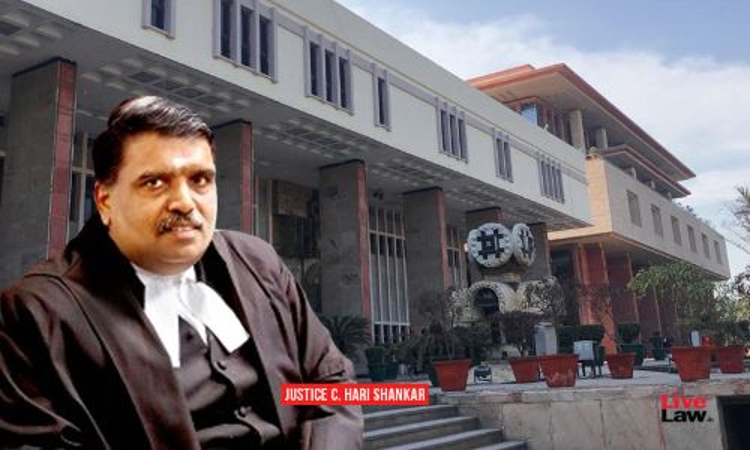The Delhi High Court has observed that the Trial Courts are wholly competent to decide the questions of fact and law which may arise before them, many of which may be res integra and previously undecided by any superior court. Justice C Hari Shankar added that the a Trial Court is well within its authority to decide all such issues and can even be the first judicial authority to take a view on...

